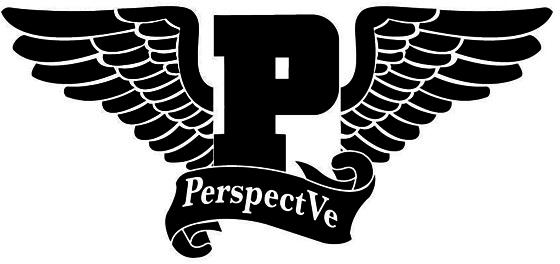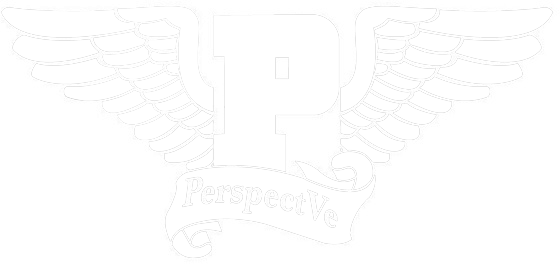
The Anger & Emotion Control Program ©
The Anger & Emotion Control Program is a series of psychoeducational classes designed to help individuals manage emotions like anger, rage, and anxiety. Through a combination of basic exposure therapy, basic biofeedback, and research-based philosophies, participants learn to control their physiological responses, while in-the-moment of stress.
This ultimately leads to improved emotional intelligence, better decision-making, and a reduction in negative
experiences.
Curriculum Overview
Getting and/or keeping in touch with ME
- Building a therapeutic rapport.
- Awareness of external and internal (physiological) triggers.
- Attention to moment-to-moment accountability and ownership of responses.
- Understanding emotional intelligence, especially in relation to self.
Exploration of emotions in real life situations.
- Comprehension of Choice Model theory and paradigm.
- Comprehension of Emotion Control Model theory and paradigm.
- Examination of situational experiences in real-time.
Looking at my emotions.
- Examination of new situational experiences in real-time.
- Basic biofeedback exercises with tangible information of emotion and physiological based data.
- Intensified practice and implementation of effective releases/coping strategies.
- Repetitious learning: Attention to moment-to-moment accountability and ownership of responses.
Exploration of emotions in real life situations (2).
- Repetitious learning: Increased awareness of external and internal (physiological) triggers.
- Repetitious learning: Attention to moment-to-moment accountability and ownership of responses.
- Advancing understanding emotional intelligence, especially in relation to self.
Looking at my emotions (2).
- Repetitious learning: Examination of new situational experiences in real-time.
- Repetitious learning: Significant intensification of Basic biofeedback exercises with tangible information of emotion and physiological based data.
- Repetitious learning: Attention to moment-to-moment accountability and ownership of responses.
A look to the past and to the future.
- Repetitious learning: Examination of new situational experiences in real-time.
- Service overview checkpoint.
- Discussion and preparation for guidelines of presentation created and presented by client in the following class.
Presentations.
- Repetitious learning: Examination of new situational experiences in real-time.
- Client/Participant to facilitate presentation and competence test.
“Rapping” it up.
- Repetitious learning: Examination of new situational experiences in real-time.
- Emotion control impact on oneself.
- Takeaways.
Unconventional STRESS
Management Training
Professional Counselor, author, and speaker Shawn Francis-Coleman shares clips of a training
where he teaches the audience unconventional 'ways of being' to deal with stress.
Wellbeing, Enlightenment, Soul Development & Self-Discovery
The W.E.S.S. Model
Wellbeing
Wellbeing is a holistic experience that encompasses multiple components of oneself.
Enlightenment
Enlightenment is a lifelong journey of awakening. It is about peeling back the layers of conditioning, embracing wisdom outside of tradition thinking, and seeing life with renewed clarity.
Soul Development
Soul development is about being in alignment with your inner self and connecting with the core of who you authentically are in ways that healthily evolve you and transcend life and death.
Self-Discovery
Self-discovery is about uncovering your truest self, embracing your passions, and stepping into your power.

